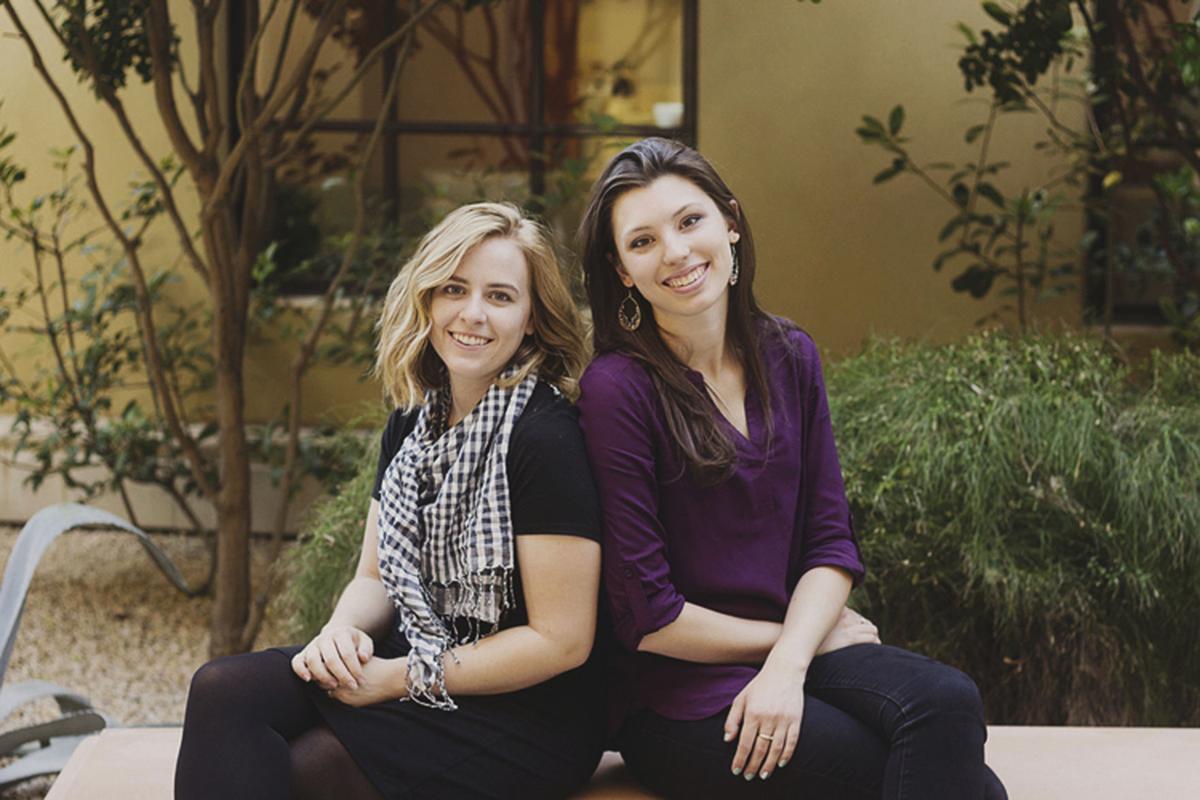PHOENIX — A Christian law firm is making a last-ditch effort to convince the state’s high court that businesses — at least some of them — have a constitutional right to refuse to sell their services and products to gays.
In new legal filings, attorneys for Alliance Defending Freedom say the U.S. Constitution protects the right of individuals to speak and also their right to not be compelled to say things they don’t believe.
In this case, they contend that a Phoenix anti-discrimination ordinance is effectively telling Joanna Duka and Breanna Koski, the owners of Brush & Nib Studio, that they have to design wedding invitations for customers that “celebrate” same-sex marriages. They say that violates the religious beliefs of the “Christian artists.”
Attorney Samuel Green told Capitol Media Services the pair are not refusing to sell to gays who want to wed. He said the studio has a variety of pre-made artworks.
But he said the issue is different when they are asked to create artwork in designing invitations and other wedding items to celebrate something that violates their beliefs.
“Art is speech itself,” the legal papers contend. “And so a law compelling art compels speech.”
“They do calligraphy, they do hand lettering and then they also do painting,” Green said of his clients, adding that court rulings have found that words and paintings are “pure speech.”
He cited a 2012 Arizona Supreme Court ruling that said tattoo artists are engaged in “protected speech.” That, he said, gives them the right to refuse to ink a customer with a message that violates their beliefs. “If a tattoo artist is engaged in pure speech, then certainly someone who is painting and writing designs on paper is also engaged in pure speech,” Green said.
The couple and their lawyers need Arizona Supreme Court intervention after the state Court of Appeals rejected similar arguments, concluding that the Phoenix ordinance has nothing to do with speech.
Instead, the appellate judges said it simply regulates the conduct of those who offer their services to the public. The studio’s owners remain free to not only believe what they want about who should marry but to speak out and even post messages at the business about their beliefs, the judges said.
What they cannot do, the judges said, is “use their religion as a shield to discriminate against potential customers.”
The decision of the Supreme Court will have implications beyond the Phoenix ordinance, which makes it illegal for businesses that provide goods or services to the public to discriminate based on age, sex, race, color, religion, disability, marital status, national origin, sexual orientation or gender identity or expression. That law carries penalties of up to six months in jail and $2,500 in fines for each day business owners are found in violation.
Several other communities including Tucson, Tempe and Flagstaff have similar laws. And any ruling would govern whether other communities can adopt and enforce their own ordinances.
The Supreme Court has not set any date to consider whether to hear the case.





